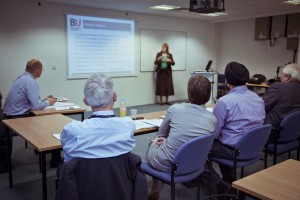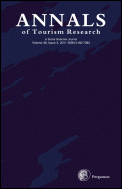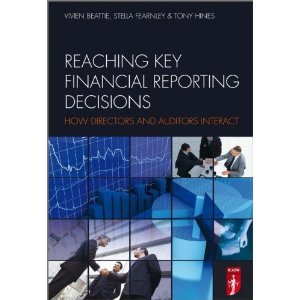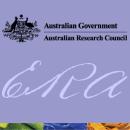Professor Alan Fyall, Deputy Dean Research & Enterprise in the School of Tourism encourages staff to consider hosting an event.
In recent weeks the School of Tourism has hosted a number of events including the Seventh International Conference  on Culinary Arts and Science, the Third Conference of the International Association for Tourism Economics and a workshop on Context-Based Services led by PhD students from the John Kent Institute of Tourism. Although such events are hard work, require much planning and last-minute stress, they represent a valuable opportunity to attract academics from across the UK and beyond to BU. If you have not considered hosting such an event, think again as BU provides a good level of support, something that was not the case a few years back. Why not ……………
on Culinary Arts and Science, the Third Conference of the International Association for Tourism Economics and a workshop on Context-Based Services led by PhD students from the John Kent Institute of Tourism. Although such events are hard work, require much planning and last-minute stress, they represent a valuable opportunity to attract academics from across the UK and beyond to BU. If you have not considered hosting such an event, think again as BU provides a good level of support, something that was not the case a few years back. Why not ……………
- Start small with a one-day workshop or similar event with staff who have undertaken an event before
- Build up to a two-day event or conference with extended abstracts and/or external speakers, possibly in association with other universities or external bodies
- Graduate to a fully-refereed academic conference, possibly with sponsorship from other universities, professional bodies or research councils, with publishers and journal editors present
- Start an international association, as happened with the International Association for Tourism Economics which formalises what in reality are loose informal gatherings of like-minded academics with a passion for their subject
 If you do decide to take the plunge and host one of the above, from experience I can assure you that Bournemouth has much to offer as a conference destination. We often tend to mock our own location and imagine that everybody else does it better. Simply not true! In addition, we have the distinct advantage of being geographically close to all the major publishers in Oxford so invite them, look after them and work with them in expanding the publication opportunities for you and your colleagues. Not only does their appearance guarantee additional delegates, especially from overseas, but it serves to raise the quality threshold of what you are trying to achieve from your event through association with leading international organisations. Also, always plan what outputs you are seeking in the early stages of your event planning as, for example, editors of journals are always seeking new themes for special issues! Finally, although they are hard work, events are great fun and can serve as the platform for new friendships, writing relationships and the foundations for future research grant applications ….. and funding, for that next conference!
If you do decide to take the plunge and host one of the above, from experience I can assure you that Bournemouth has much to offer as a conference destination. We often tend to mock our own location and imagine that everybody else does it better. Simply not true! In addition, we have the distinct advantage of being geographically close to all the major publishers in Oxford so invite them, look after them and work with them in expanding the publication opportunities for you and your colleagues. Not only does their appearance guarantee additional delegates, especially from overseas, but it serves to raise the quality threshold of what you are trying to achieve from your event through association with leading international organisations. Also, always plan what outputs you are seeking in the early stages of your event planning as, for example, editors of journals are always seeking new themes for special issues! Finally, although they are hard work, events are great fun and can serve as the platform for new friendships, writing relationships and the foundations for future research grant applications ….. and funding, for that next conference!

 The Annals of Tourism Research is rated a 4* journal in the
The Annals of Tourism Research is rated a 4* journal in the 



 Professor Stella Fearnley’s
Professor Stella Fearnley’s “Public discussion of corporate reporting and auditing is frustrated by the fact that directors and auditors debate issues and take decisions in private. The need to respect confidentiality means that policy makers and the public find insiders’ accounts of what happens bland and unconvincing. The resulting lack of public information is particularly dangerous at the present time when the financial crisis is prompting questions about whether new regulation is called for.”
“Public discussion of corporate reporting and auditing is frustrated by the fact that directors and auditors debate issues and take decisions in private. The need to respect confidentiality means that policy makers and the public find insiders’ accounts of what happens bland and unconvincing. The resulting lack of public information is particularly dangerous at the present time when the financial crisis is prompting questions about whether new regulation is called for.”

























 Read and sign up to BU’s Policy Influence Digest
Read and sign up to BU’s Policy Influence Digest Upcoming opportunities for PGRs – collaborate externally
Upcoming opportunities for PGRs – collaborate externally BU involved in new MRF dissemination grant
BU involved in new MRF dissemination grant New COVID-19 publication
New COVID-19 publication MSCA Postdoctoral Fellowships 2024
MSCA Postdoctoral Fellowships 2024 Horizon Europe News – December 2023
Horizon Europe News – December 2023